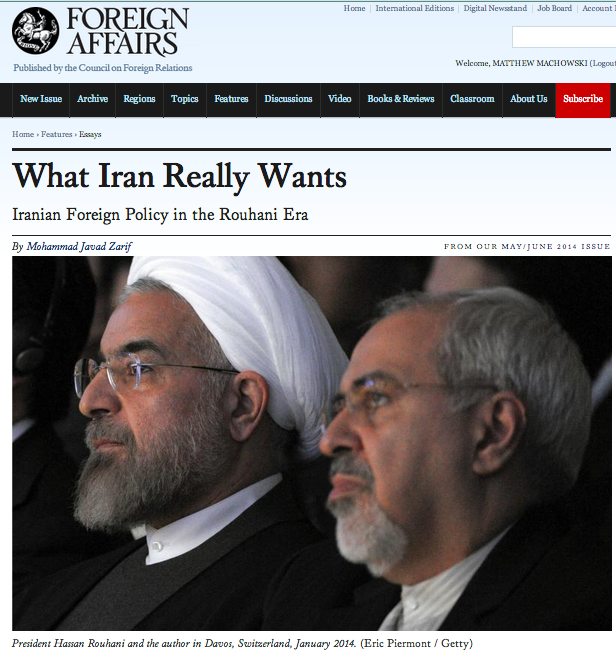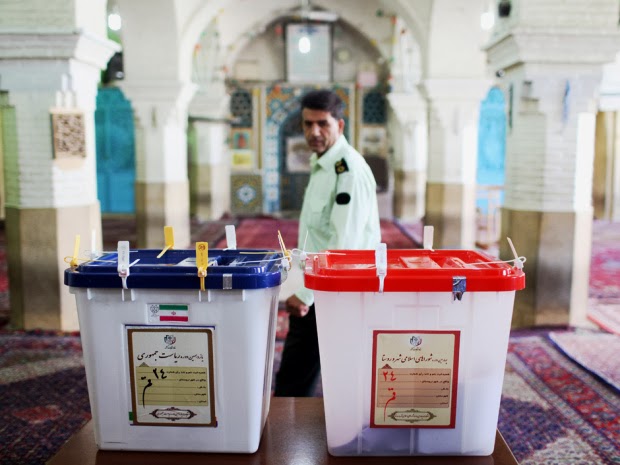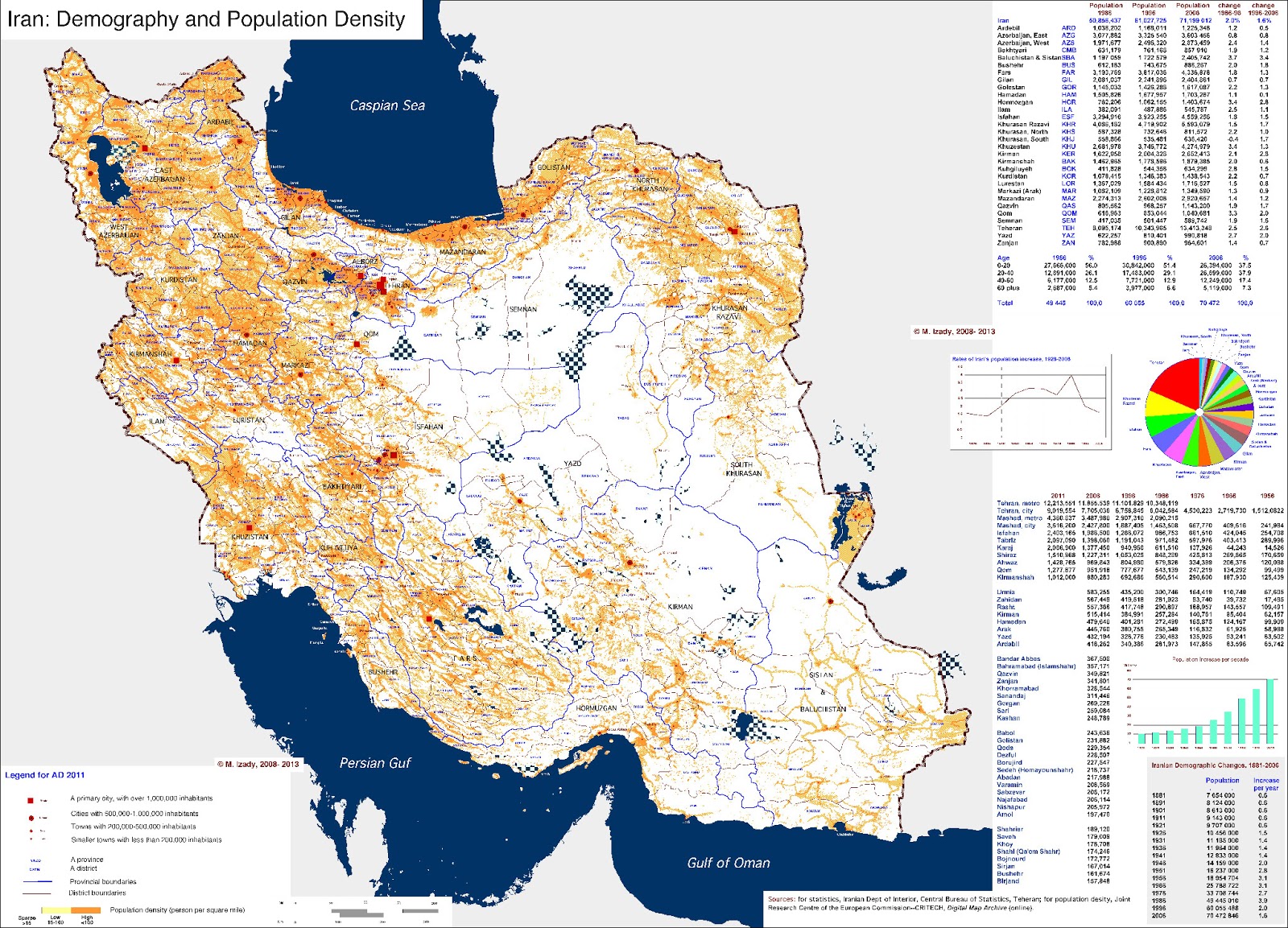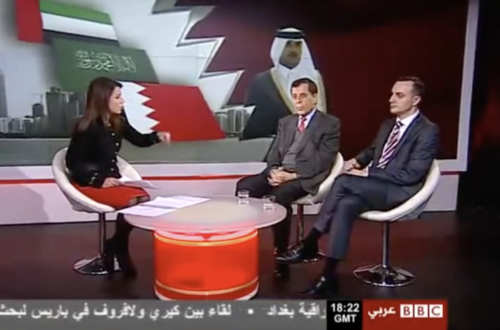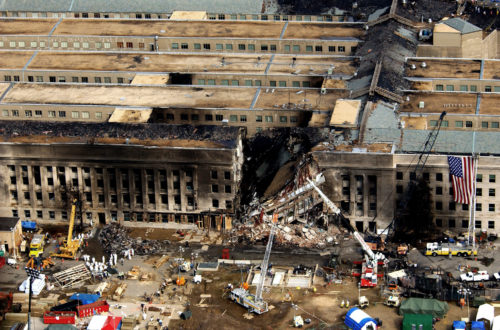Iran gains ground against Western sanctions designations
As the US is planning to the tighten economic sanctions on Iran, the Voice of Russia asked Matthew Machowski, a research fellow in the School of Physics and Astronomy at the University of London, about the implications of such sanctions on the Iranian economy and President-to-be Hassan Rowhani’s response.
First of all, it is important to remember that the new sanctions package has not yet been agreed and the Senate’s Commission on Foreign Relations have confirmed that they will only consider the case after the parliamentary recess later in September and once the new president Hassan Rouhani finally inaugurates his administration. Only then will the Senate consider whether they do want to impose further sanctions.
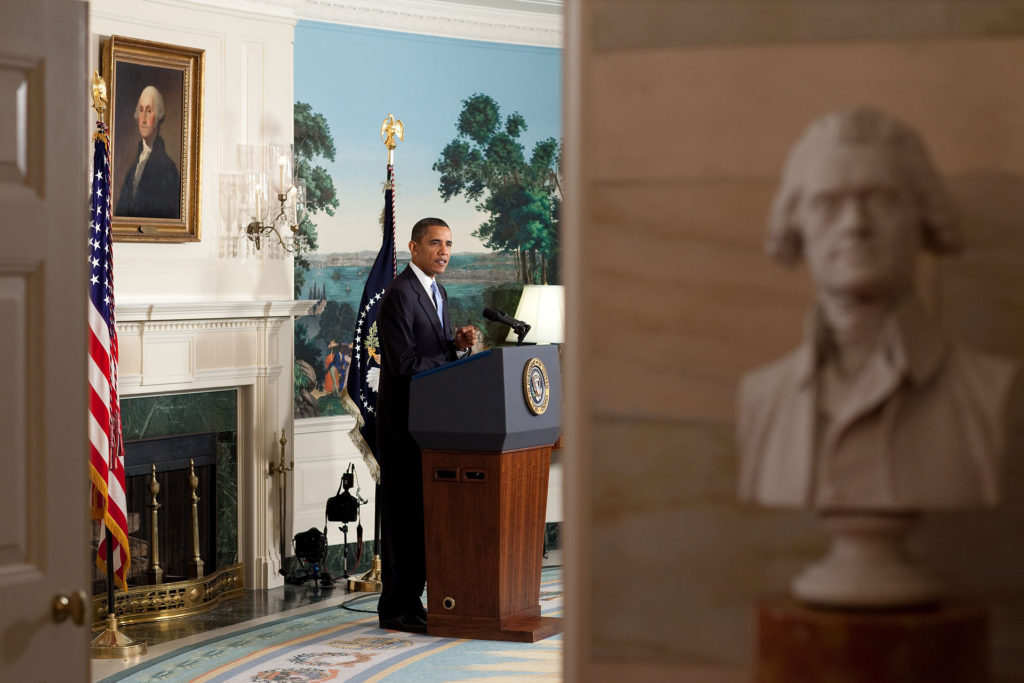
But this is very important. It will further strengthen the dire state in which the Iranian economy is now. However one must remember that Iran has been under sanctions for decades. So, this is not something that they are entirely unaccustomed to. Moreover, we’ve now seen more and more signs of the sanctions regime crumbling a bit in the last month.
The British Supreme Court has judged that imposing sanctions on Iranian Bank Mellat, which is one of Iran’s biggest lenders, was illegal, ‘arbitrary and irrational’. The EU General Court, which is the European Union’s penultimate court of appeal, has also adjudicated recently that the European Union has not provided enough evidence to the court that sanctions on that bank should in fact be imposed. So, there are major questions to be asked about the sanctions regime.
Iran’s economy is definitely in a very dire state. According to the latest International Monitory Fund data, the Iranian economy has contracted last year by 1.9%, this year by further 1.3%, and the Fund estimates it will further contract by another 1.1%. According to very latest data released by Iran’s parliamentary research body, the point-to-point inflation for May to June reached a record high 61%. This is in comparison to an average monthly point-to-point inflation last year of about 25.4%. So, the economy in Iran is in a very bad situation.
Should the sanctions be imposed, there is a possibility that the to the country will suffer more. But when it comes to international sanctions, or especially in the case of US unilateral sanctions, it is important to remember that the effectiveness of that regime is dependent on the willingness of American allies around the world to subscribe to these sanctions. The US may eventually have to go after Chinese, Indian or Japanese companies if it really wants to impose a complete ban on Iranian oil sales by 2015, as they have announced.
Recently we have learned that Iran is to start exporting gas to Iraq and this will have a major added impact. Iran agreed to export over 25 million cubic meters of gas per day and this will lead to an additional Iranian income of about $4 billion. So, the effectiveness of sanctions is always under question.
It is also very good news to see over 130 American lawmakers issuing an open letter to the American presidential administration urging them to refocus and restart a real process of negotiation with Iran. Several calls were also made by some very senior former members of the administration, one of them Zbigniew Brzezinski, the former National Security Advisor.
This is very important and it definitely plays into, I would argue, the hands of the Obama administration, which in my opinion is keen to see what happens once Hassan Rowhani is finally in office. It is only then that we will be able to judge whether Iran is willing to come up with new concessions, is willing to provide more transparency, and is willing to negotiate with the US and its Western partners.
Finally, the US decision to ease their restrictions on imports of medical-related and agricultural products into Iran will be met with approval from President-Elect Rouhani. This is a positive development that allows Rouhani to claim some openness on the part of the Americans and their apparent will to come back to the negotiating table.
